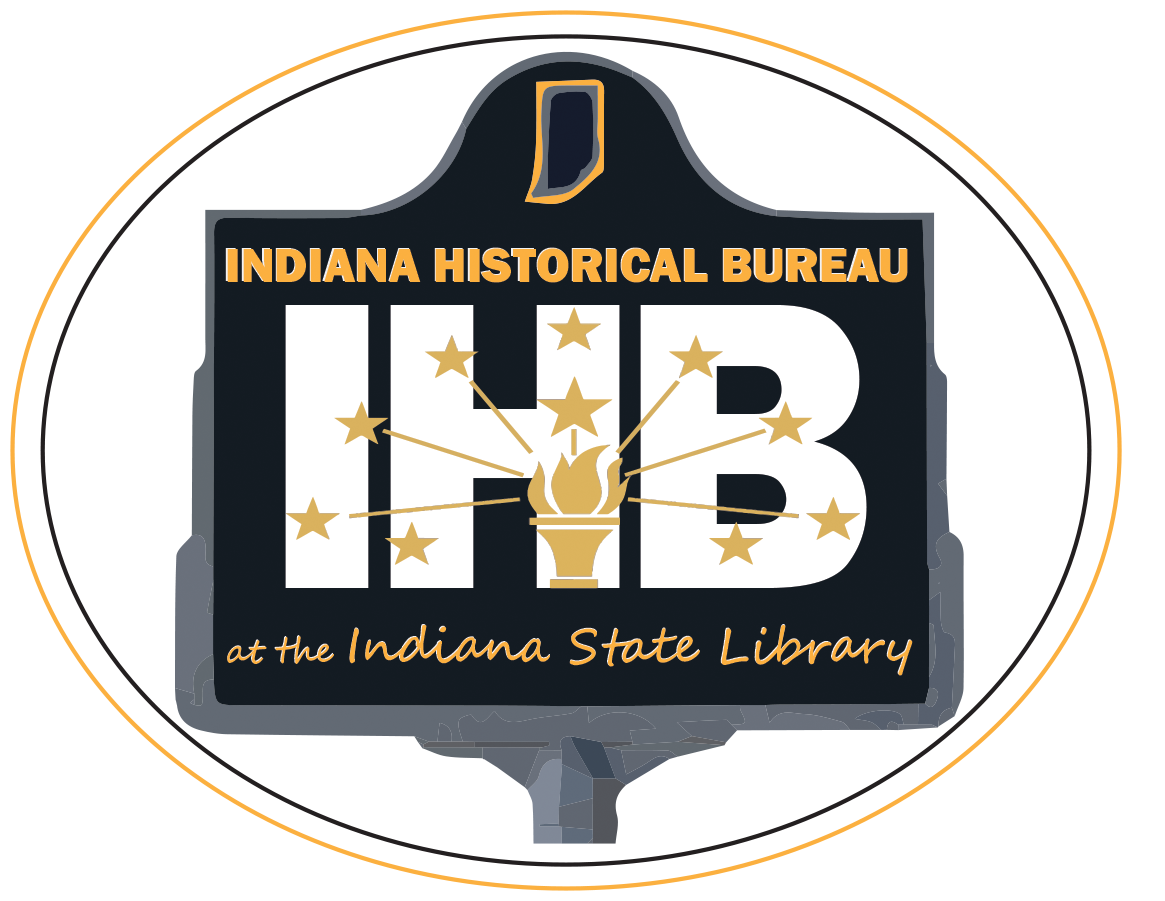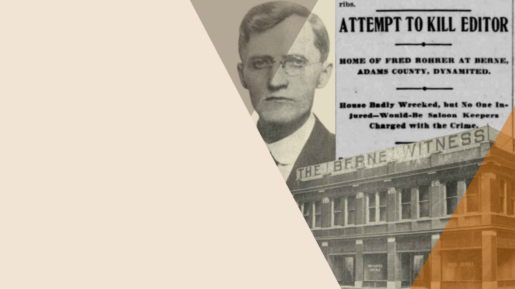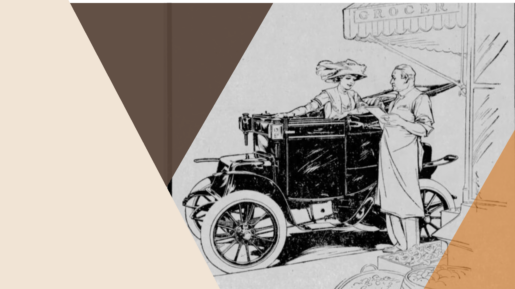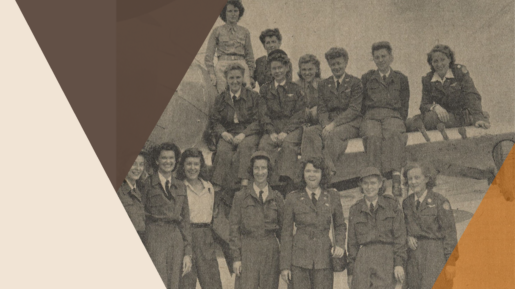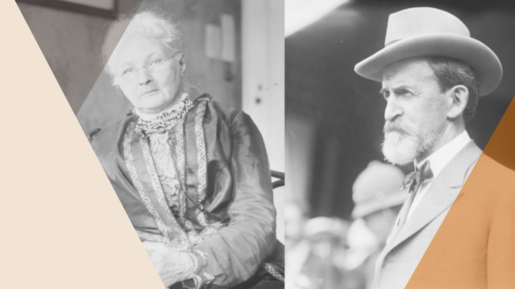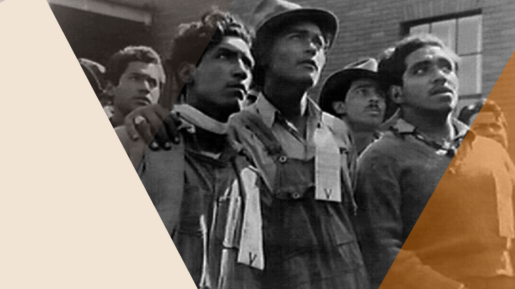The Love Story that Built St. Mary Catholic Church
Transcript for episode 8 of the 2024 season of Talking…
“Where Are My People to Go?:” Violence and Resilience in West Baden
Transcript for episode 7 of the 2024/2025 season of Talking…
Moy Kee: The “Mayor” of Indianapolis’s Chinese Community
Transcript for Episode 6 of the 2024 season of Talking…
“The Most Righteous War:” The Leadership and Sacrifice of Lt. Col. William Swaim
Transcript for Episode 5 of the 2024 season of Talking…
Fred Rohrer and the Temperance War in Berne, Indiana
Transcript for Episode 4 of the 2024 season of Talking…
Gloria Frankel & The Seahorse: The South Bend LGBT Club’s Fight for Gay Rights
Transcript for Episode 3 of the 2024 Season of Talking…
The “Buzz Wagon:” Studebaker’s Electric Cars
Transcript for Episode 2 of the 2024/2025 Season of Talking…
Raiderettes: The Womanpower Behind the P-47 Thunderbolt
The P-47 Thunderbolt is considered one of the most important fighter-bombers used by Allied Forces in World War II. Thunderbolts flew over half a million missions and are renowned by pilots for their durability and reliability.
Over one-third of all Thunderbolts were built at the Republic Aviation plant in Evansville. Notably, nearly half of the plant’s employees were women. Known as “Raiderettes,” they worked alongside male workers and boasted a variety of jobs including on the assembly lines, in the administrative offices, and even as test pilots. Many of the women were “two-job workers,” balancing 14-hour shifts at Republic with raising children while their partners fought overseas. Our new blog post examines the lived experiences of the Raiderettes and how they navigated being women workers in a “man’s” world, pushing against and often breaking the glass ceiling in the process.
This episode was written by Kelsey Green, produced by Jill Weiss Simins, and performed by Justin Clark. For show notes, sources, and links to more information visit the Talking Hoosier History homepage: https://podcast.history.in.gov/
Lesson Plan: “Justice and The Square Deal:” The Political Alliance of Mother Jones and John W. Kern
In this episode of Talking Hoosier History, we’ll learn about labor organizer Mary “Mother” Jones’s political partnership with John W. Kern, the U.S. Senator from Indiana, and how their alliance represented a real shift in attitudes regarding organized labor during the Progressive Era.
Lesson Plan: “Ambassadors of Goodwill:” Mexican Bracero Workers during WWII
In this short episode of Talking Hoosier History, we’ll discuss the Mexican bracero workers who came to Indiana during WWII, how Hoosiers welcomed them (or didn’t), and how the braceros helped the U.S. meet wartime agricultural needs. We’ll also get a glimpse of how the Bracero Program established immigration patterns that remain relevant today.
